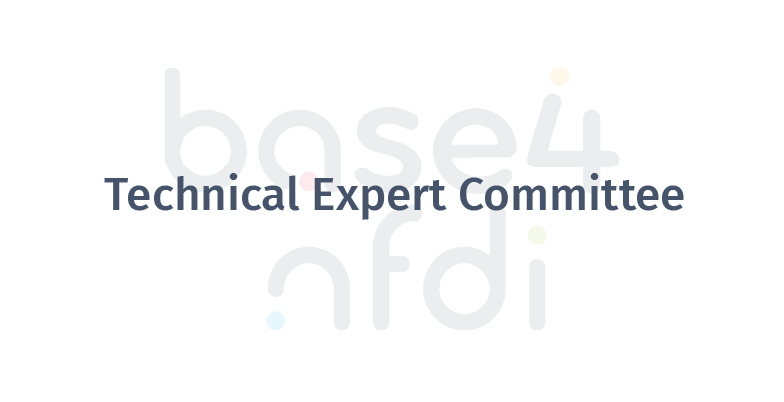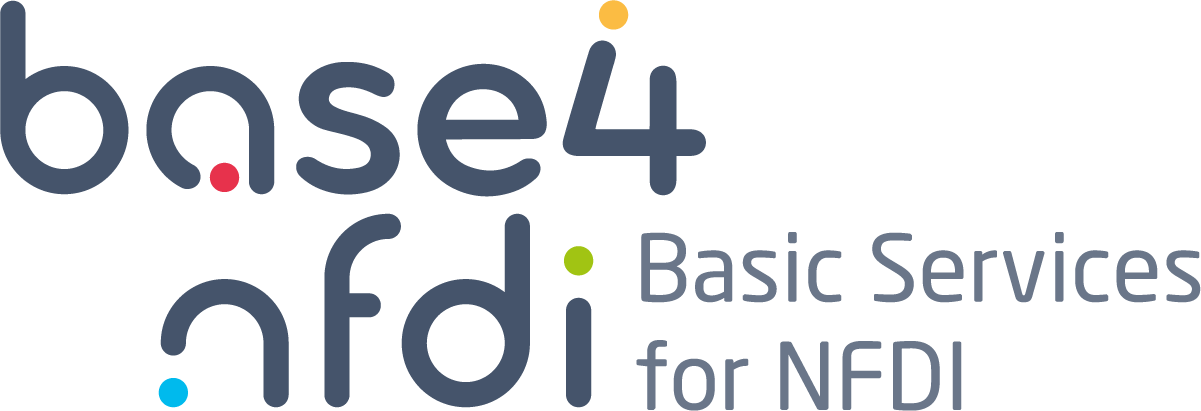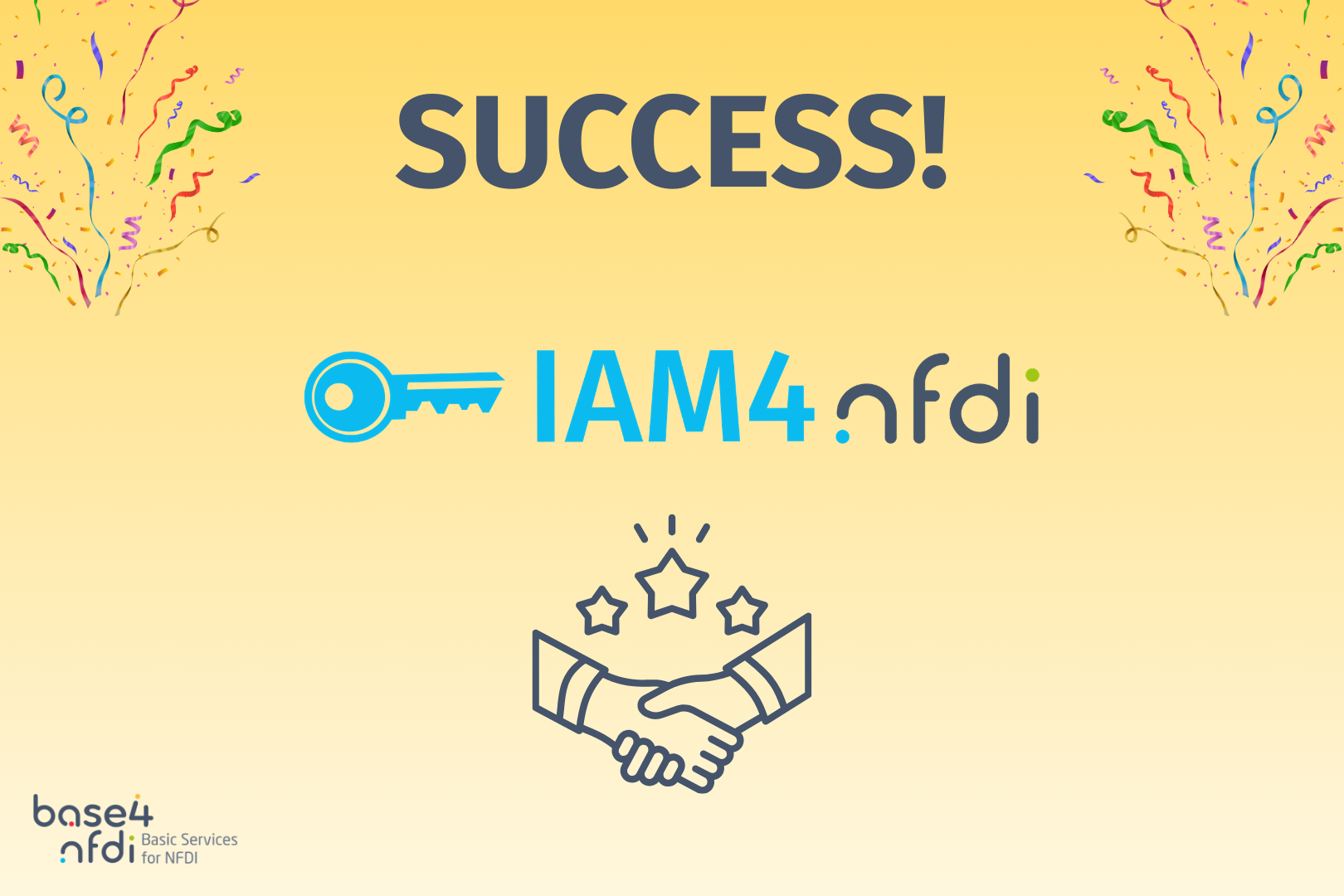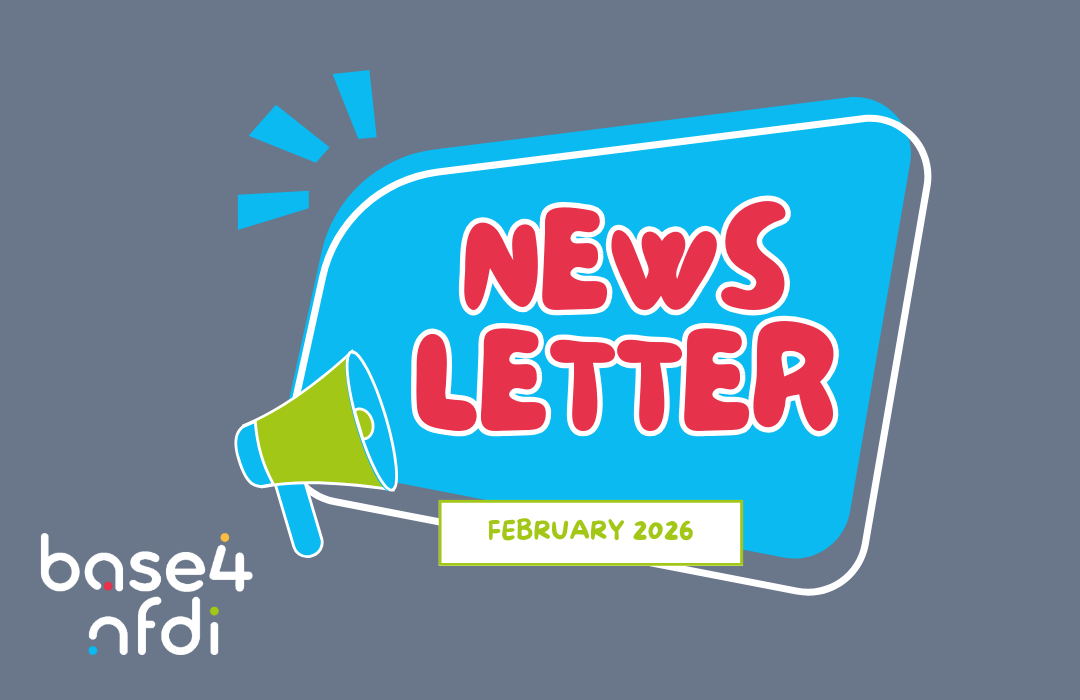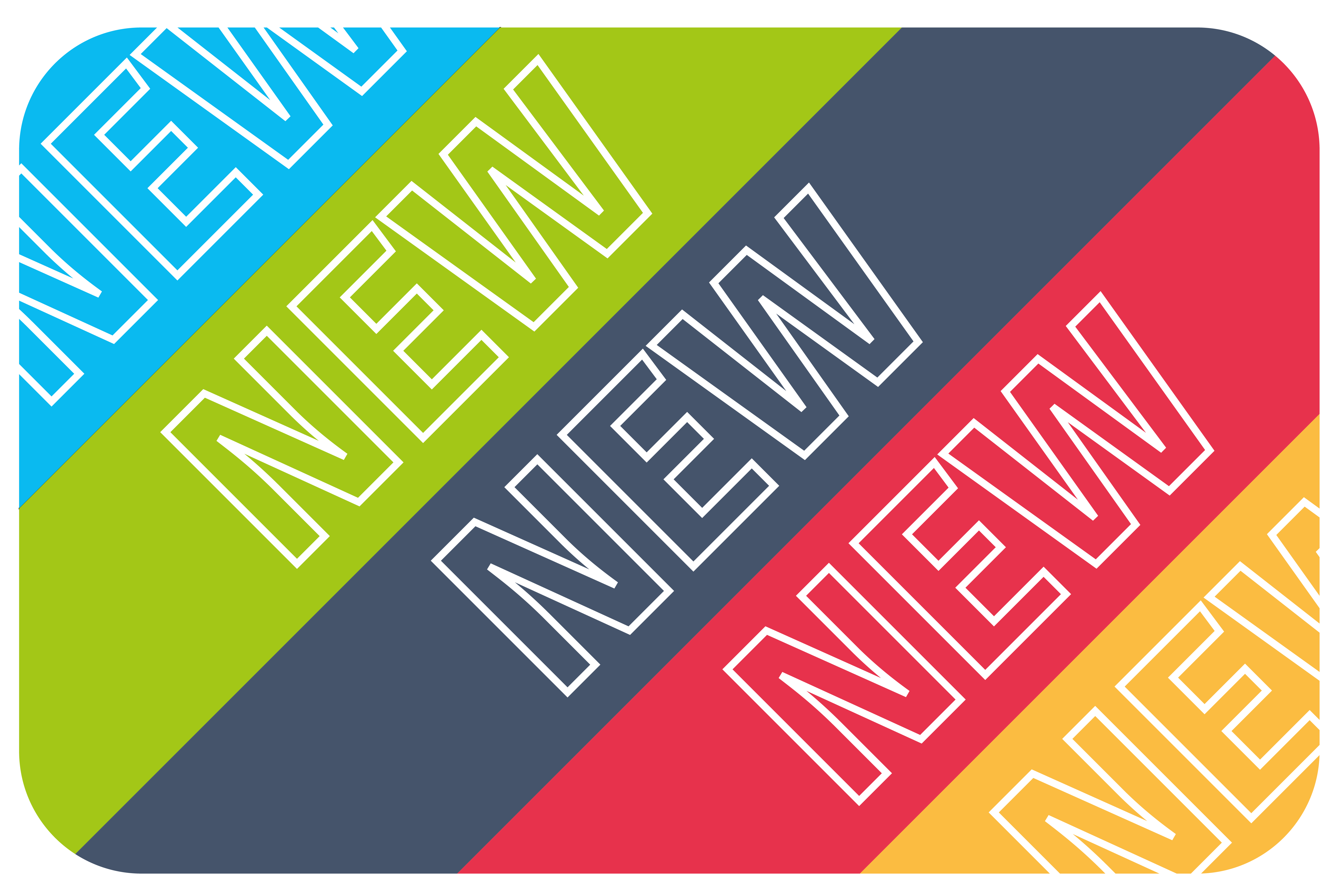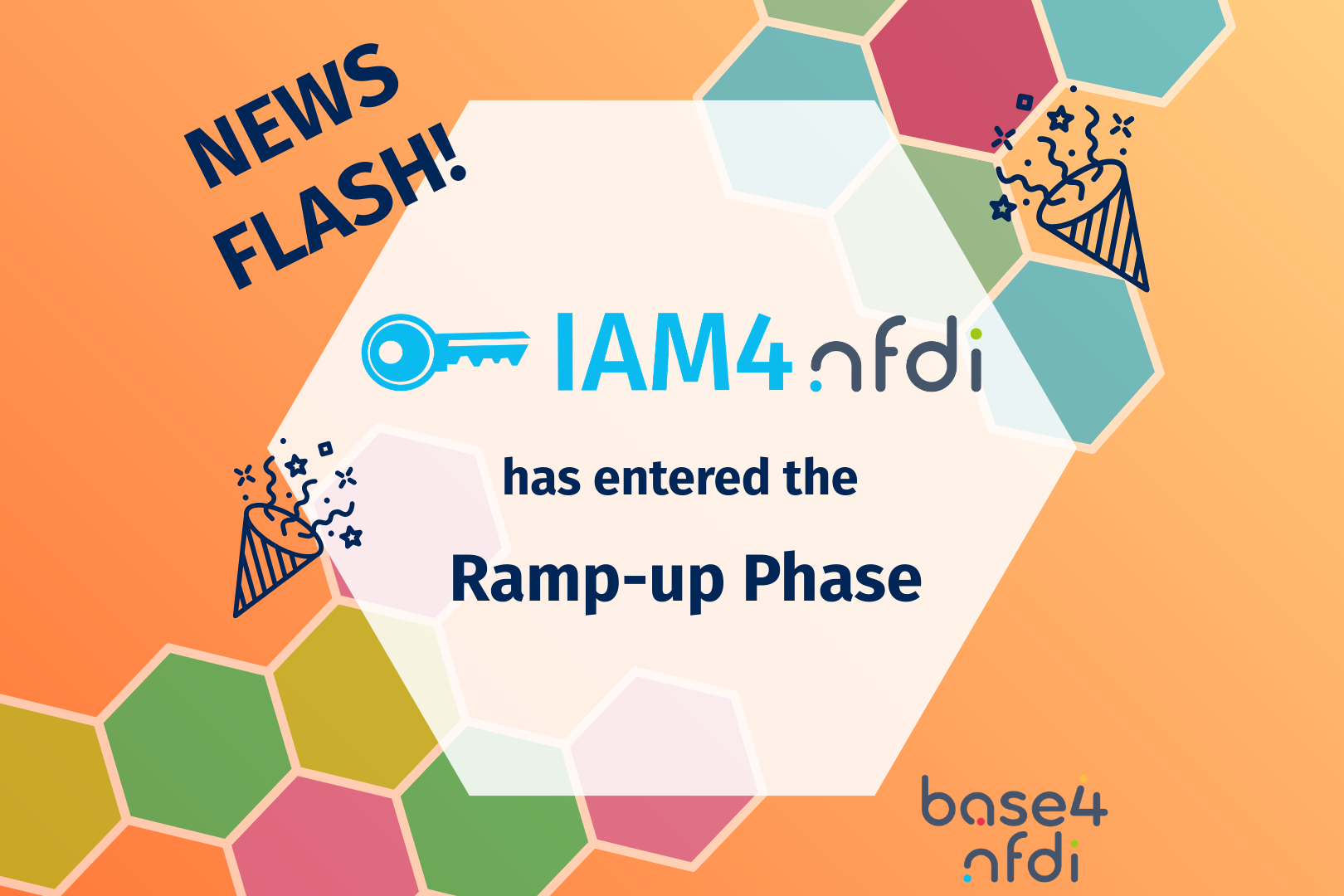
2026-02-23
The cornerstone of the National Research Data Infrastructure (NFDI) - IAM4NFDI - has officially launched its Ramp-Up Phase (2026–2028), marking a pivotal step toward transforming into a fully operational, sustainable, and scalable authentication and authorisation infrastructure, the NFDI-AAI, for the NFDI community.
As of today, the operational NFDI-AAI services in production are already used by thousands of scientists on a daily basis as part of many NFDI operational services. Yet, there is room and need for improvement, says the service team in their ramp-up proposal.
Since its inception, IAM4NFDI has successfully integrated 22 out of 26 NFDI consortia, one Base4NFDI basic service and 4 general projects outside of NFDI into its Community AAI (CAAI) ecosystem, enabling seamless, secure, and federated access to digital resources across disciplines. The project’s infrastructure is based on standardisations set in the AARC Blueprint Architecture, demonstrating strong interoperability with international infrastructures like the EOSC AAI Federation.
Key Focus Areas in the Ramp-Up Phase:
Operation and technical evolution: Preparing for upcoming European developments such as the EOSC AAI Federation and the European Digital Identity Wallet (EUDI), simplifying and improving operational processes, and strengthening the infrastructure so the service remains stable, secure, and reliably available across different locations as requirements continue to evolve.
Technical Integration and Interoperability: Enabling the NFDI-AAI to participate in the EOSC AAI Federation as an integral part of the German National Node.
User Experience and User Engagement: Streamlining login flows, enhancing overall user experience, and strengthening user engagement within NFDI.
Policy: Operationalising the GDPR-compliant Policy Framework to be maintained and further developed beyond the project’s funding period.
Incubators: While service connections remain as part of routine operations, new incubator projects focus on supporting and deepening complex service integrations, such as support for Virtual Organisations in GitLab, identity linking, and “second-factor as-a-service”.
Security and Support: Integration into an NFDI-wide helpdesk/support infrastructure and NFDI-wide security and incident response framework.
Sustainability and Strategy: Integrating a federated accounting layer together with the Basic Service Accounting4NFDI and exploring a non-commercial “NFDI-AAI-as-a-Service” while aligning with the NFDI Association’s long-term strategy. Most importantly, establishing long-term durable governance and funding models to ensure the service’s future beyond the current funding cycle.
